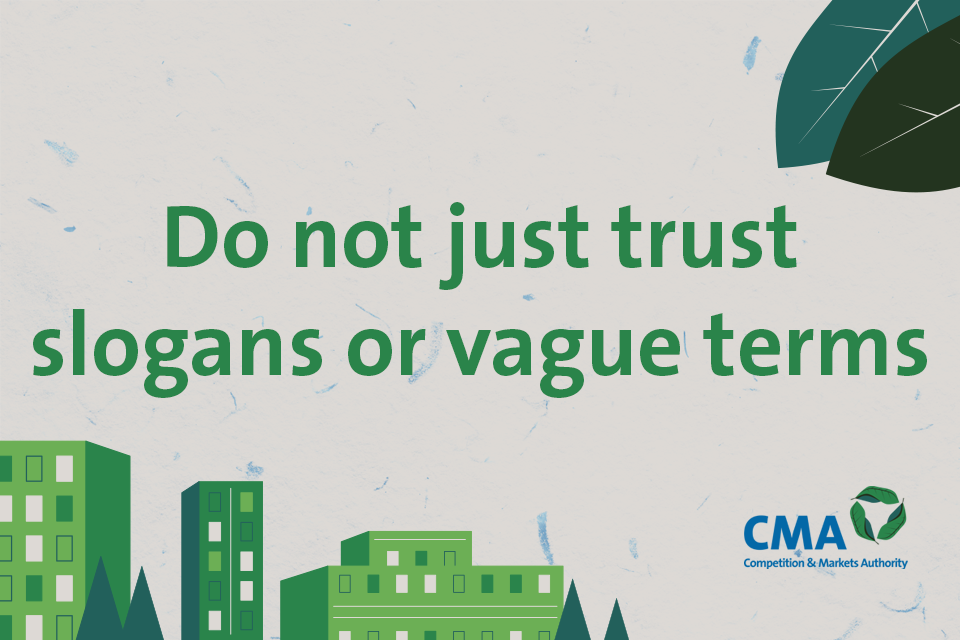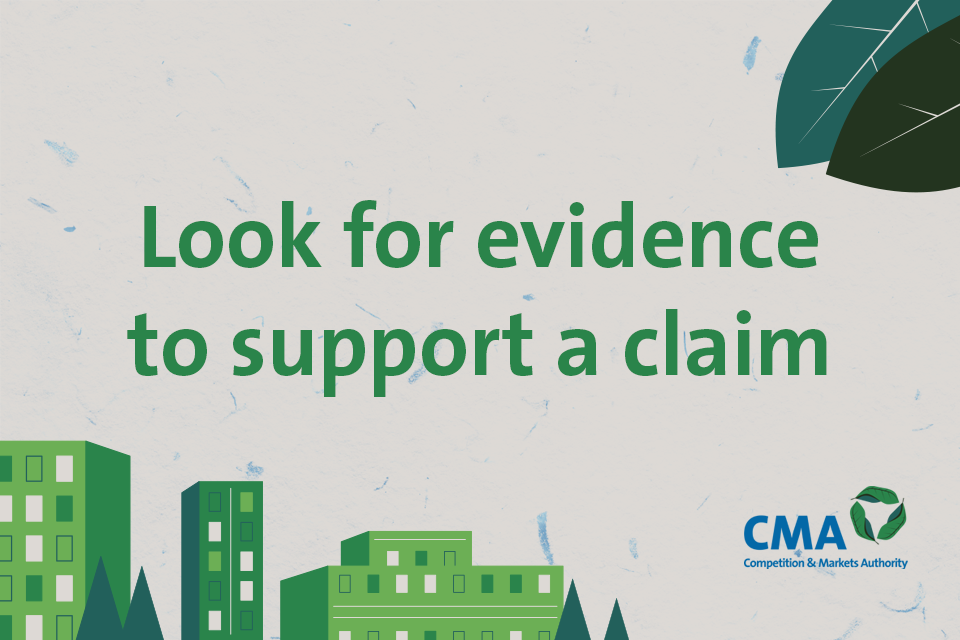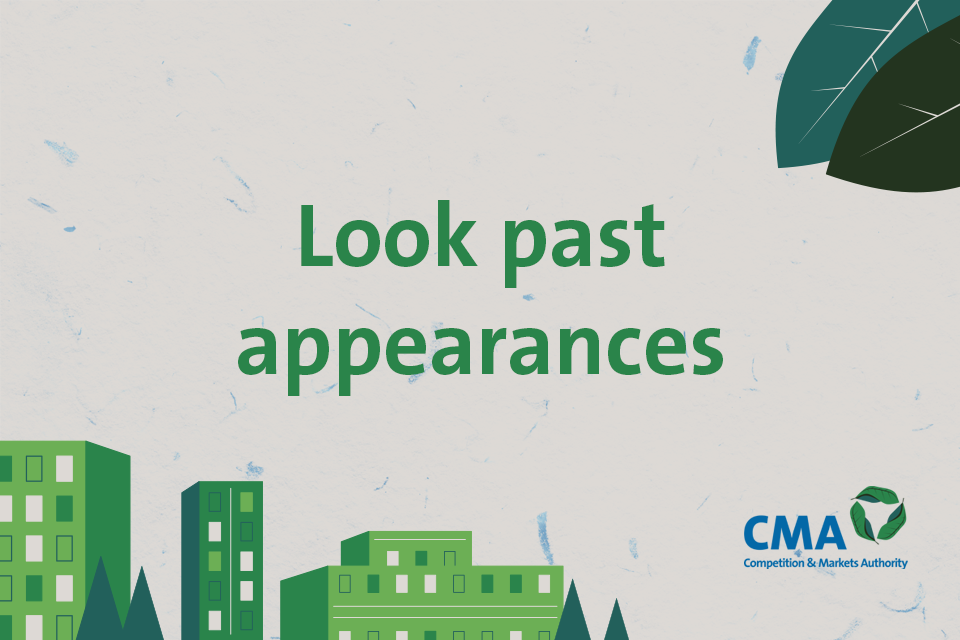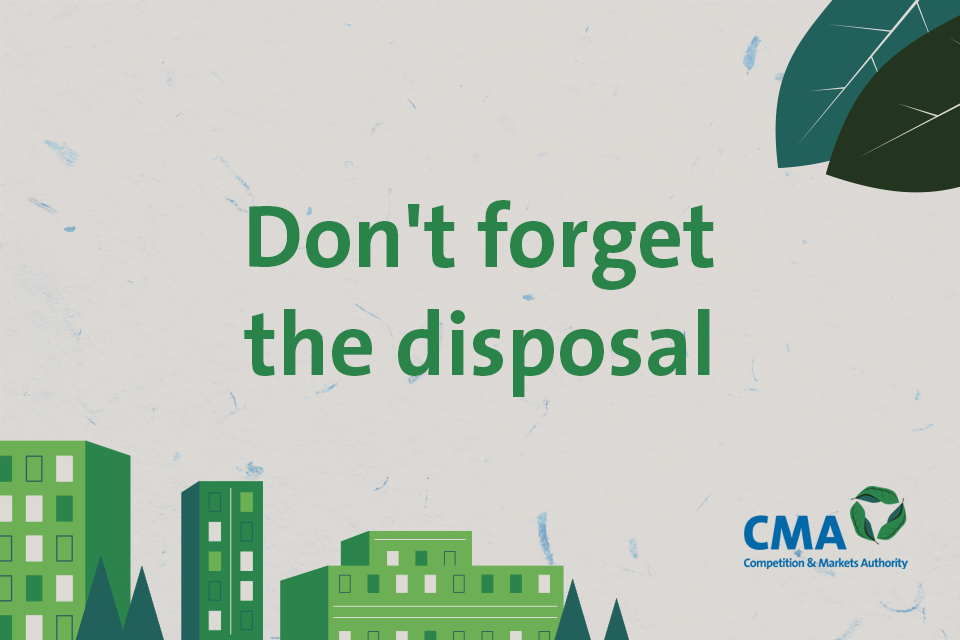Green claims code for shoppers
Published 13 October 2021
1. Do not just trust slogans or vague terms

Phrases such as ‘all natural’, ‘green’ and ‘eco’ sound nice but they don’t provide clear meaning and can leave room for misinterpretation. Be wary of any claims that are not easily defined or supported by adequate information.
Businesses should make it easy for you to tell how they, their product or service provides a benefit, or is less harmful to, the environment.
If you aren’t sure, check the ingredients, or supporting information, and research anything you are not familiar with.
2. Look for evidence to support a claim

If you are unsure a claim is legitimate, check it by reading the small print or go to the company website for evidence.
It should not be difficult to find proof to support a claim made by a company with genuine environmentally friendly practices.
A good form of proof is a reputable certification mark which indicates an alliance with an environmental standards scheme. You can find out more about these by searching online.
You should also consider if the information provided is relevant to the product or service you are buying.
3. Look past appearances

Images of wildlife, or a logo with a leaf, can easily convince you that you’re making an environmentally friendly choice. Even the use of earthy, natural tones or a green font can give the impression a product or service is good for the environment.
But that might not be the case when you look a little closer.
Don’t just rely on the marketing. Read the full description.
4. Don’t forget the disposal

Think about what you will do with both the packaging, and the product when you have finished with it.
It should be clear whether any environmental claim about how to dispose of these relates to the product, packaging, or both.
Check you fully understand how to dispose of the packaging and product. For example, is it recyclable and which bin you should use to do so?
5. Think about the bigger picture

A product or service may claim to be environmentally friendly. But this doesn’t mean all its elements, or its overall impact, are positive for the environment.
There could be information that a business doesn’t tell you.
Consider the overall environmental impact.

